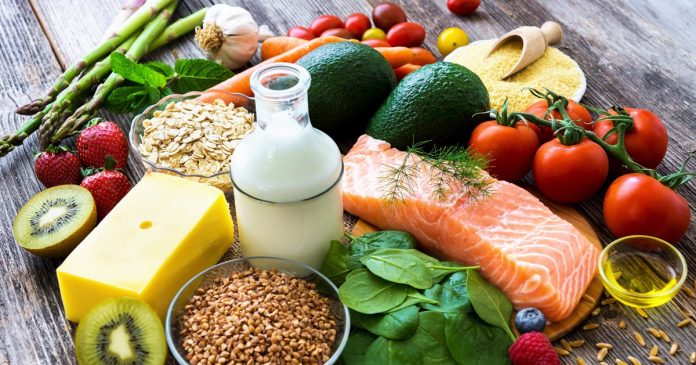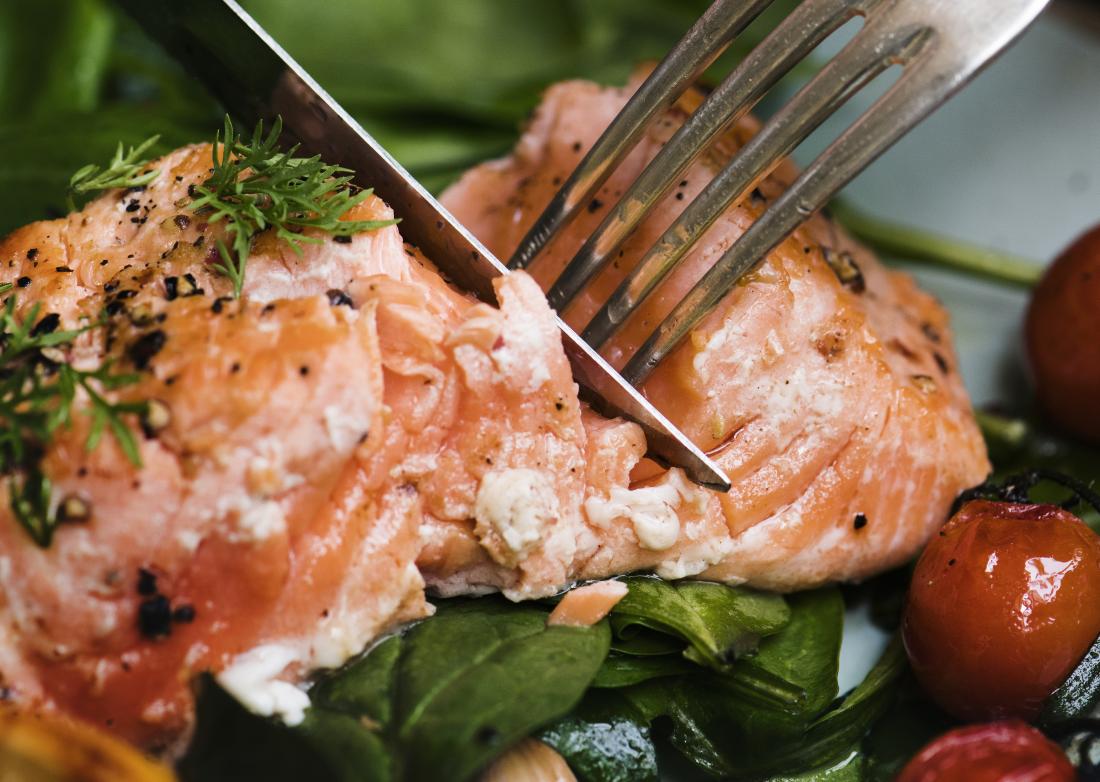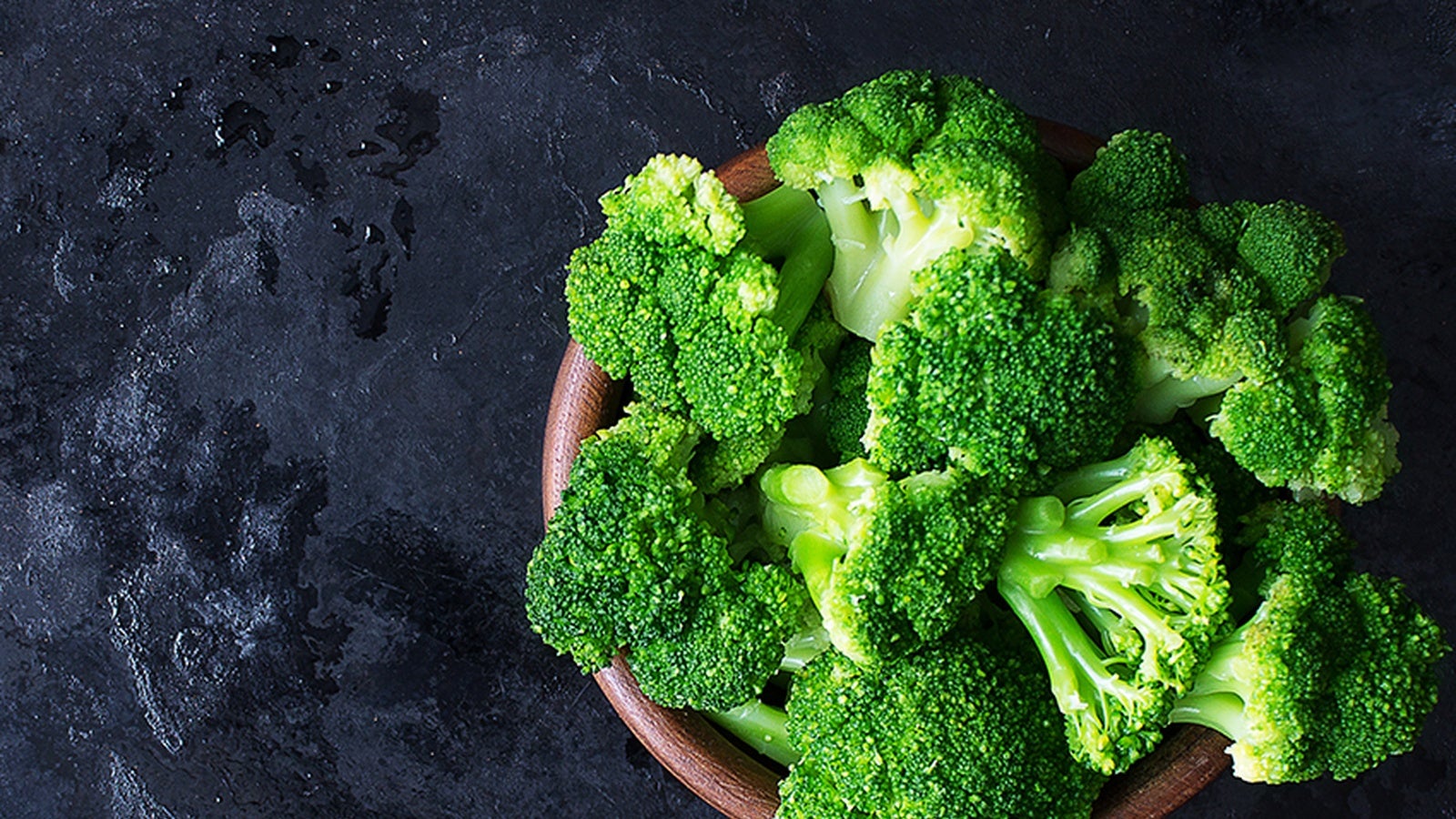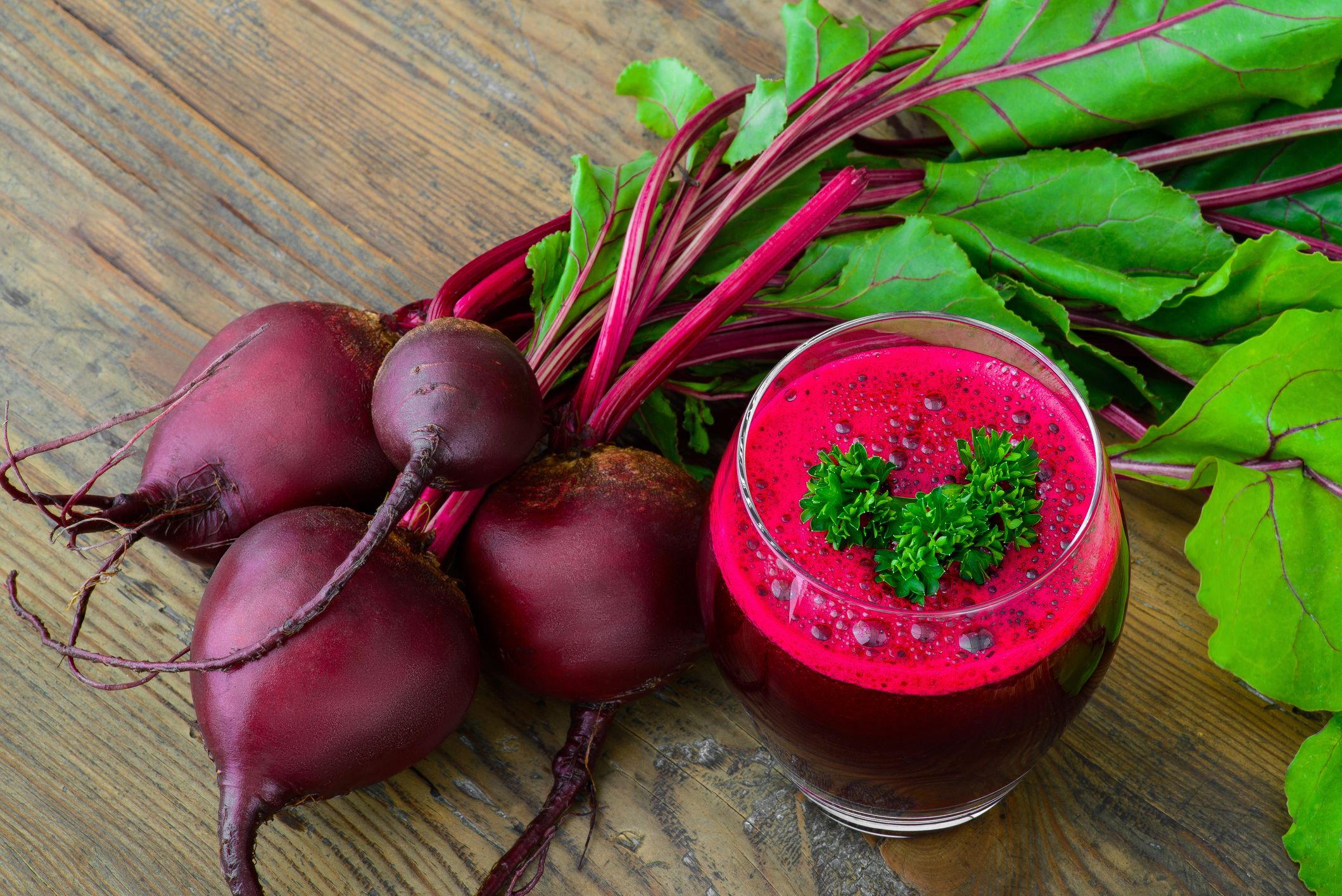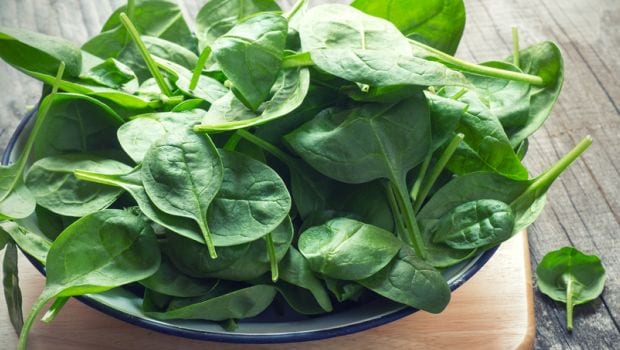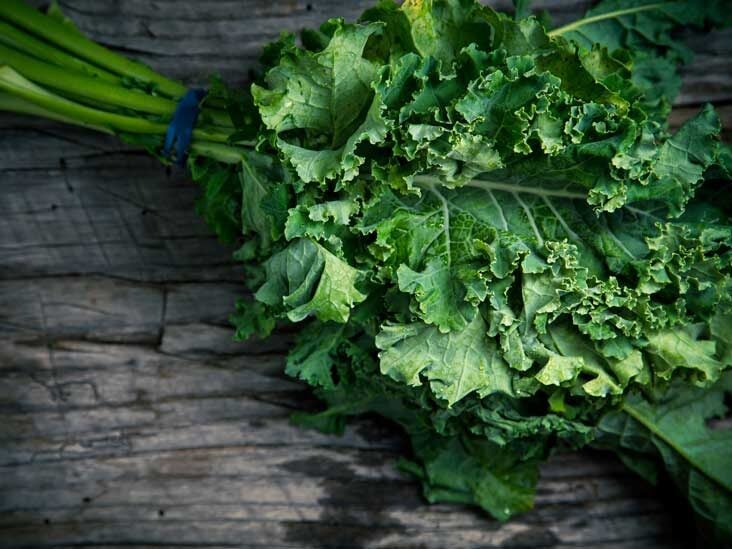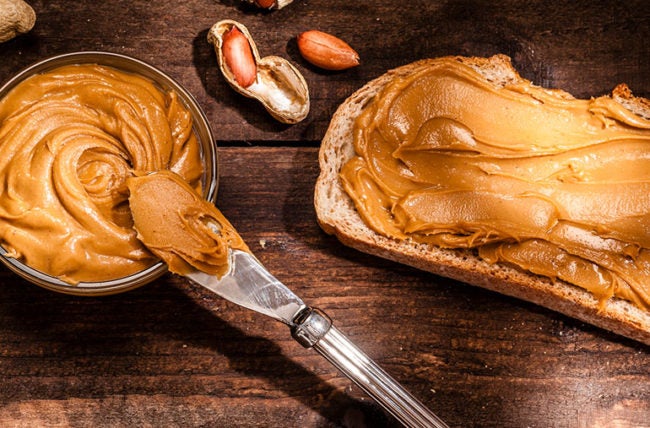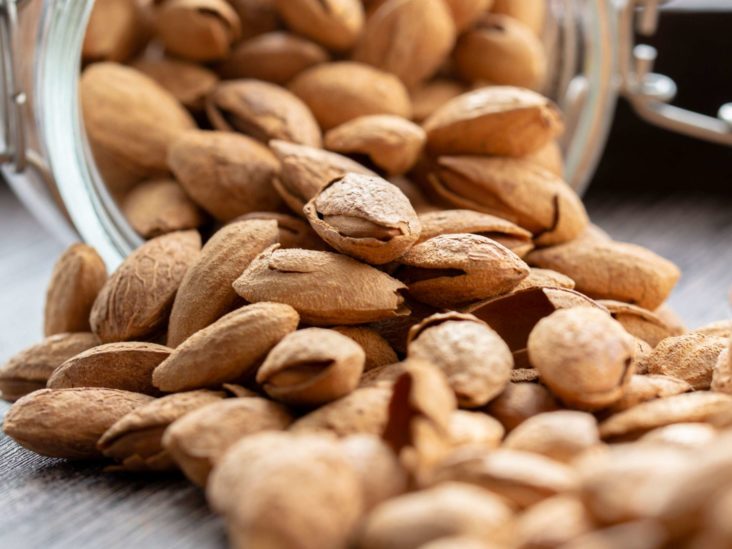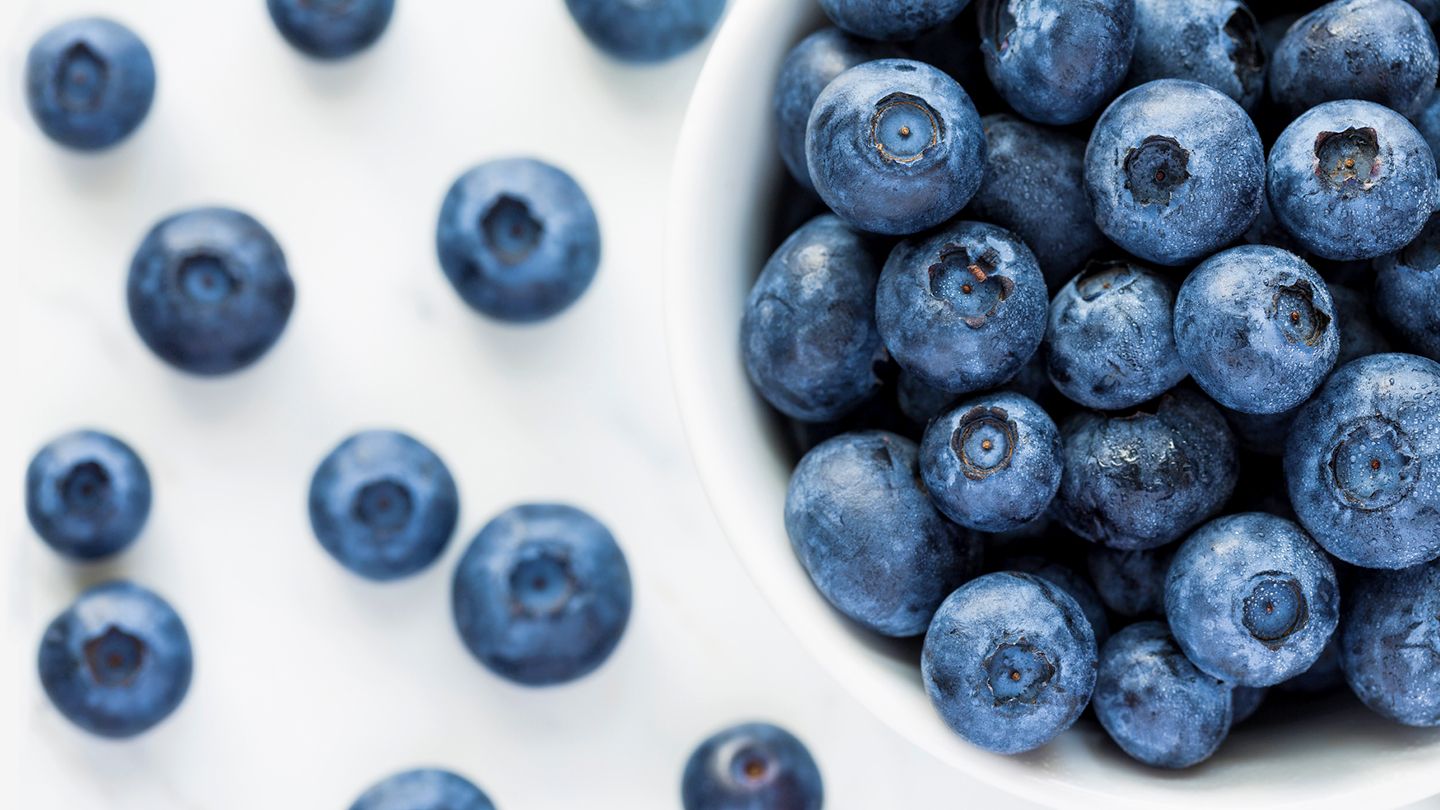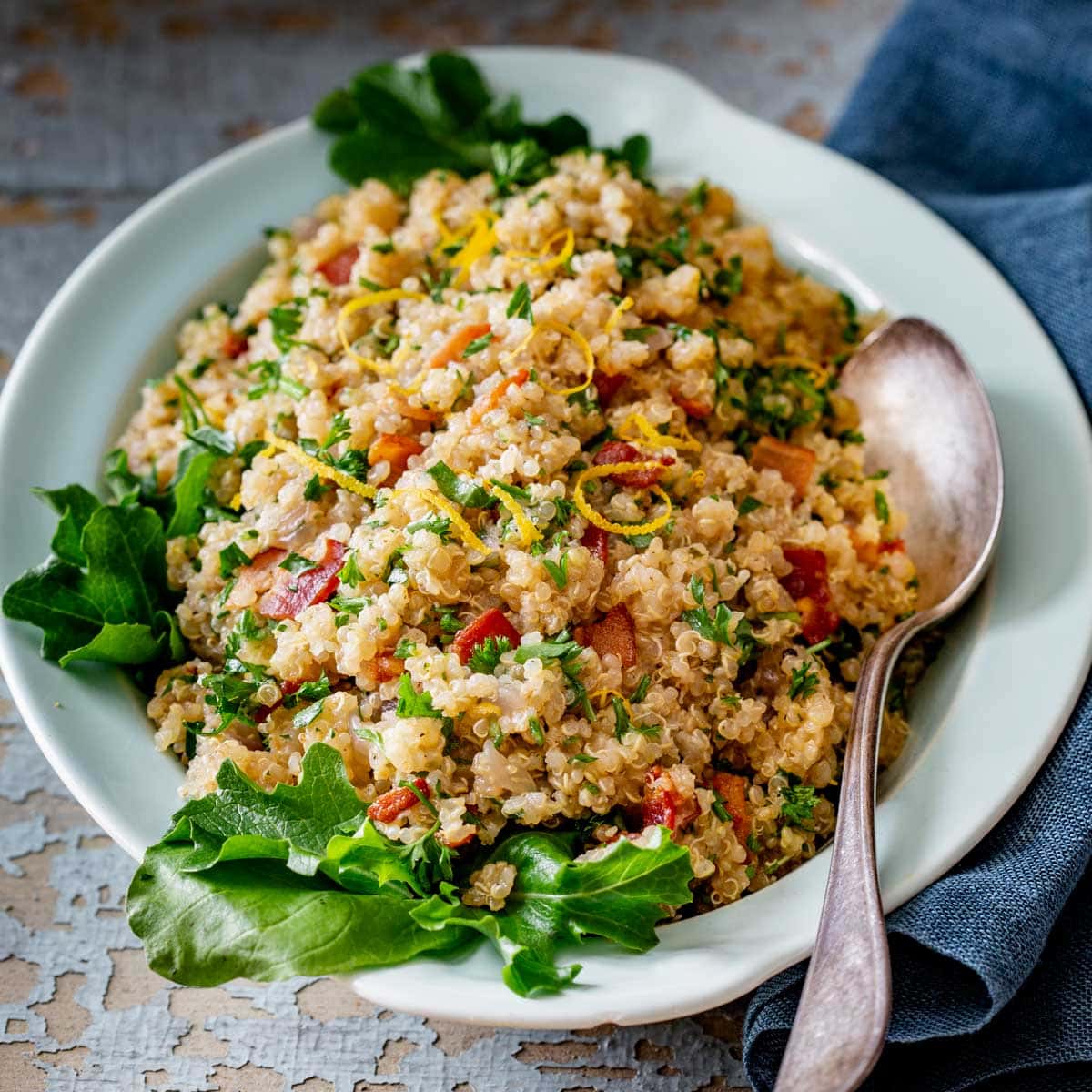Eat these Everyday!
With all the viruses, illnesses, and worldwide pandemics that we have been experiencing, you may want to check on the food you prepare every day. Maintaining a balanced diet or practicing a healthy diet can prolong your life long-term and give you the necessary energy boost you would need to endure all these challenges.
Not to mention, your mental and physical toughness can also be strengthened by filling your body with proper vitamins and nutrients to fend off these possibly fatal illnesses. Think about it, if you can change only one food item in your diet that is inclined to boost immunity, you have already made a huge impact on your health and wellness. Here is some food that is beneficial to eat every day.
Fish And Seafood
An excellent way to get your daily dose of omega-3 fatty acids is to chow down on some fish. Our hearts and minds stay in top shape thanks to these vital nutrients. EPA (docosahexaenoic acid) and DHA (eicosapentaenoic acid) are two types of omega-3 fatty acids that fish contain (docosahexaenoic acid).
Since we can’t make them ourselves, we have to acquire our omega-3 fatty acid intake from our diet. While studies have indicated that low levels of exposure to mercury do not pose a significant health risk, high levels of exposure can lead to mercury poisoning, which can have consequences such as impaired hearing, vision, and coordination.
Broccoli
Fiber is an extremely useful and multipurpose nutrient. Studies claim that broccoli promotes regular bowel movements, reduces cholesterol, stabilizes blood sugar, keeps the intestines healthy, and aids in maintaining a healthy weight. The risk of developing cardiovascular disease, diabetes, and other metabolic disorders may all be lowered by eating a diet high in fiber.
Fiber’s ability to delay digestion and keep you feeling full for longer is one of its most intriguing impacts. In addition to helping those to watch their calorie intake, this is also a boon to those searching for a light snack to tide them around until dinner. If you’re thinking about your go-to vegetable to produce fiber in your body, then broccoli is the vegetable for you!
Beets or Beetroot
Beets have many beneficial effects on health and are a rich source of nutrients. They are a terrific supplement to a healthy diet, improve cognitive function, cardiovascular health, and digestion, increase physical performance, decrease inflammation, and may even inhibit cancer cell development.
Beetroots are an excellent food choice for their high nutritional density, particularly in the areas of fibers, folic (vitamin B9), magnesium, potassium, zinc, and rich In vitamin C Beets and beet juice have been linked to a variety of health advantages, including those for the cardiovascular system. There are also several dishes that can incorporate this root crop seamlessly.
Spinach
Immunity-boosting vitamins and minerals may be found in spinach, including vitamin E and magnesium. Using this approach, you won’t have to worry about becoming sick from germs. Furthermore, it protects the body from harmful substances like poisons. The carotenoids lutein and zeaxanthin found in spinach can reduce the risk of macular degeneration.
Spinach can reduce the risk of cataracts, much like vitamin C. Spinach is a great source of vitamin A, which helps maintain healthy eyes. Inorganic nitrate, which is found in spinach, has been linked to a reduced risk of cardiovascular disease. It has been shown to have a number of health advantages, including a reduction in blood pressure and a loosening of the arteries.
Kale
Kale is packed with beneficial elements including protein, phytonutrients, iron, vitamins C and K, potassium, and many others. Toxins are produced by both natural processes and external stresses, but antioxidants aid the body in flushing them out. These potentially dangerous substances are called « free radicals, » and they can be Unstable molecules, according to a reliable source.
Too many of these can be harmful to cells if they accumulate in the body. Inflammation and illness are two possible outcomes. According to the research done by professionals, free radicals may contribute to cancer. Every day is a good day for kale, but don’t overdo it. She suggests limiting your daily intake of kale to one or two portions in order to make way for other nutritious meals.
Peanut Butter
There are omega-6 fats in peanut butter, too. This fatty acid reduces levels of harmful « bad » cholesterol while raising levels of « good » « HDL » cholesterol. Peanuts are rich in the amino acid arginine, which has been shown to improve blood vessel function and hence reduce the risk of cardiovascular disease.
Oleic acid, which is included in peanut butter, has been demonstrated to lower blood sugar levels and prevent diabetes in those with insulin resistance. The omega-6 fatty acids in peanut butter may have a similar impact, according to available research. Antioxidants including selenium, vitamin E, and the B vitamins may be found in abundance in peanuts.
Almonds
The high amounts of vitamin E content of almonds are largely responsible for their powerful antioxidant properties. An increase in the risk of cardiovascular disease, renal failure, nerve damage, and blindness are just some of the many complications that can result from chronically high blood sugar levels.
Almonds, if consumed on a daily basis, can aid in the control of blood sugar levels in two distinct ways. For one, each ounce has just 1.1 grams of sugar as well as 0.2 g of starch, making them a healthy option. The second reason almonds are good for you is that they contain a lot of magnesium.
Mangos or Mangoes
Both magnesium and potassium, which they are rich in, have been linked to maintaining good blood pressure and a steady heartbeat. Additionally, mangiferin, found in mangos, has shown promise in preliminary research for its potential to mitigate cardiac inflammation. You can keep your digestive system steady with the aid of mangoes.
As with most things, moderation is crucial; a daily intake of mango of more than two cups (330 grams) is probably not a good idea. Mangoes are tasty and versatile fruits. Mango is delicious, but it is worth keeping in mind that it carries more sugar than other fruits. Over thirty different minerals and vitamins may be found in mangoes, making them a powerful nutrient source.
Blueberries
Mental health, cardiovascular health, bone health, healthy skin, blood pressure control, diabetes control, cancer prevention, and cell regeneration are all improved by eating blueberries. Twenty-four percent of the daily value of vitamin C may be found in just one cup of blueberries. A good time to eat blueberries is whenever you feel like it.
So, if you have a healthy snack recipe in mind, you can consume blueberries anytime. The healthiest method to consume blueberries would be to blend them into a smoothie. Blueberries have been linked to improved cardiovascular health, bone density, skin quality, blood pressure, diabetes control, cancer avoidance, and mental well-being.
Quinoa
The high fiber content of quinoa makes it a useful tool in the fight against constipation and for keeping cholesterol levels and blood insulin levels normal. Quinoa has a lot of beneficial nutrients including iron, magnesium, zinc, and potassium. Magnesium aids in controlling blood sugar, warding off nighttime sleepiness, and lowering the risk of type 2 diabetes.
One study found that people who ate one serving of quinoa per day had a 17% lower risk of mortality of malignancy, heart disease, respiratory illness, diabetes, and other serious diseases. Quinoa is versatile enough to be eaten at any meal of the day. However, a nutritious meal like quinoa before bedtime is recommended.
